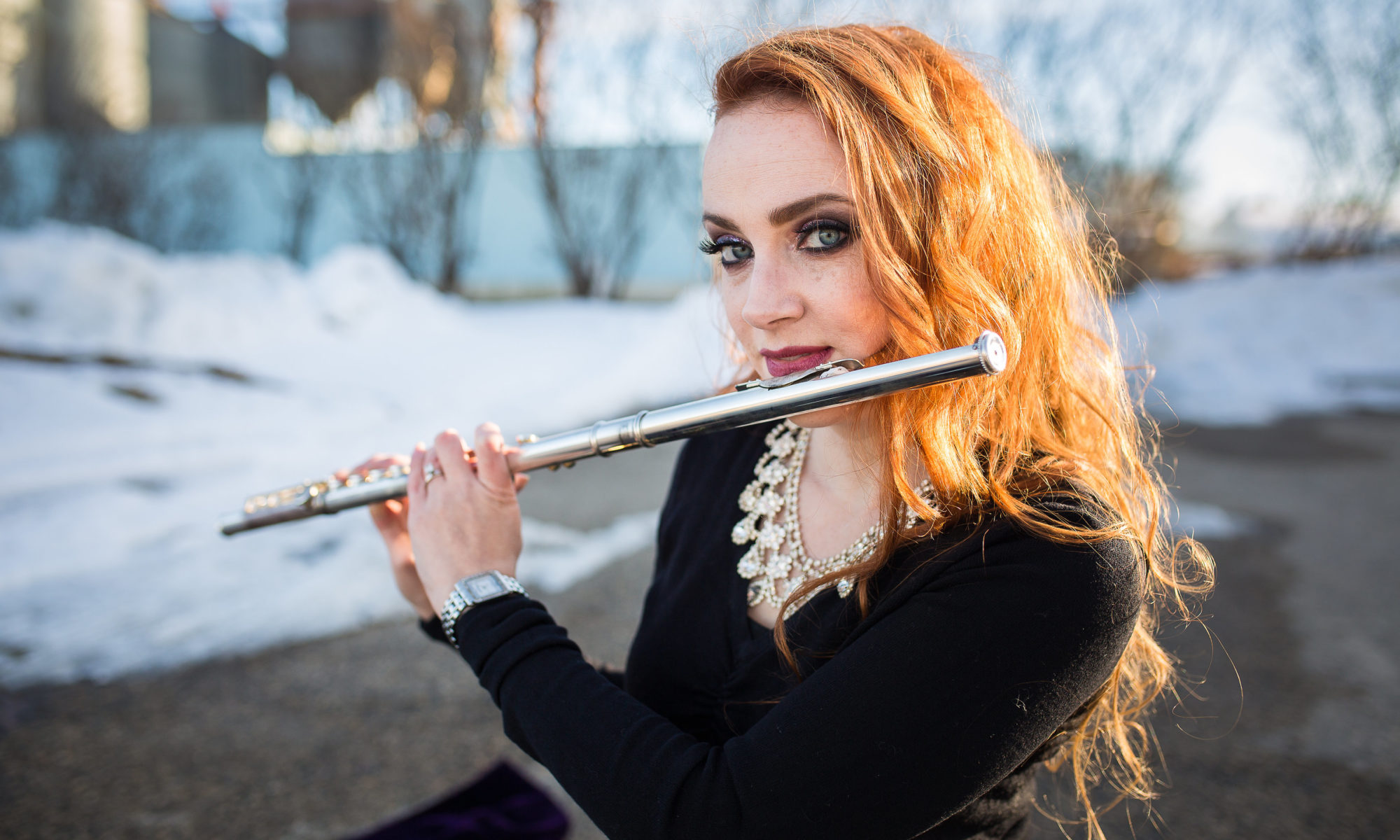It seems that, as young faculty members, the task of teaching non-music majors falls to us. My first college teaching gig wasn’t teaching applied flute (even though I have three degrees in the subject) – it was teaching music appreciation. It’s a real eye-opener to go from a graduate program, taking upper-level musicology seminars, to teaching basic music appreciation to students who may never have heard classical music before.
Obviously, this takes an adjustment. And I will take this opportunity to offer my most sincere apologies to the students in my first semester teaching (because that just couldn’t have been a great semester) and sincere thanks to my first boss for hiring me.
So what are some of the challenges that musicians face when teaching non-musicians? Here are a few; feel free to contribute your own.
1 – Terminology. If you think about it, we use A LOT of jargon. Polyphony. Fugue. Arpeggio. Mixolydian. All I have to do is listen to my computer-guy husband on a conference call, using words that are nonsense to me, to understand the effect that the musician’s language must have on non-musicians. I think it’s important to use a lot of the “correct” musical terms because they’re so precise, but they really need to be introduced gradually and with plenty of explanation and context.
2 – Musical Excerpts. Yes, we know Beethoven, Bach, Mozart, and Wagner. But a lot of times, non-musicians haven’t heard the staples of our repertoire outside of pop culture. The musical elements we can detect after hearing Beethoven’s 5th for the hundredth time will be different from someone who has never heard it other than the opening motive. We both have something to teach each other. As the musical expert, we can point out subtleties. But sometimes I envy someone who is hearing some of the great classical pieces for the first time. A first listen through Rite of Spring? What an exciting experience that must be. Sometimes the non-musician’s reaction to an initial hearing may remind us of elements we may have forgotten.
3 – Level of detail and expectations. Yes, I eventually learned to analyze classical forms and can argue where the transitions begin. I can do a decent Schenkerian analysis. Is this necessary for non-majors? NO. I think sometimes our expectations are too high. This is understandable. We’ve spent so many years studying music on an intense level that it can be difficult to remember what it’s like to not think that way. If one of the goals of teaching non-musicians is to help them enjoy it, our expectations have to be realistic.
I always look forward to the challenge of introducing western art music to a new group of students each semester. Hopefully they take away something useful from the class.
